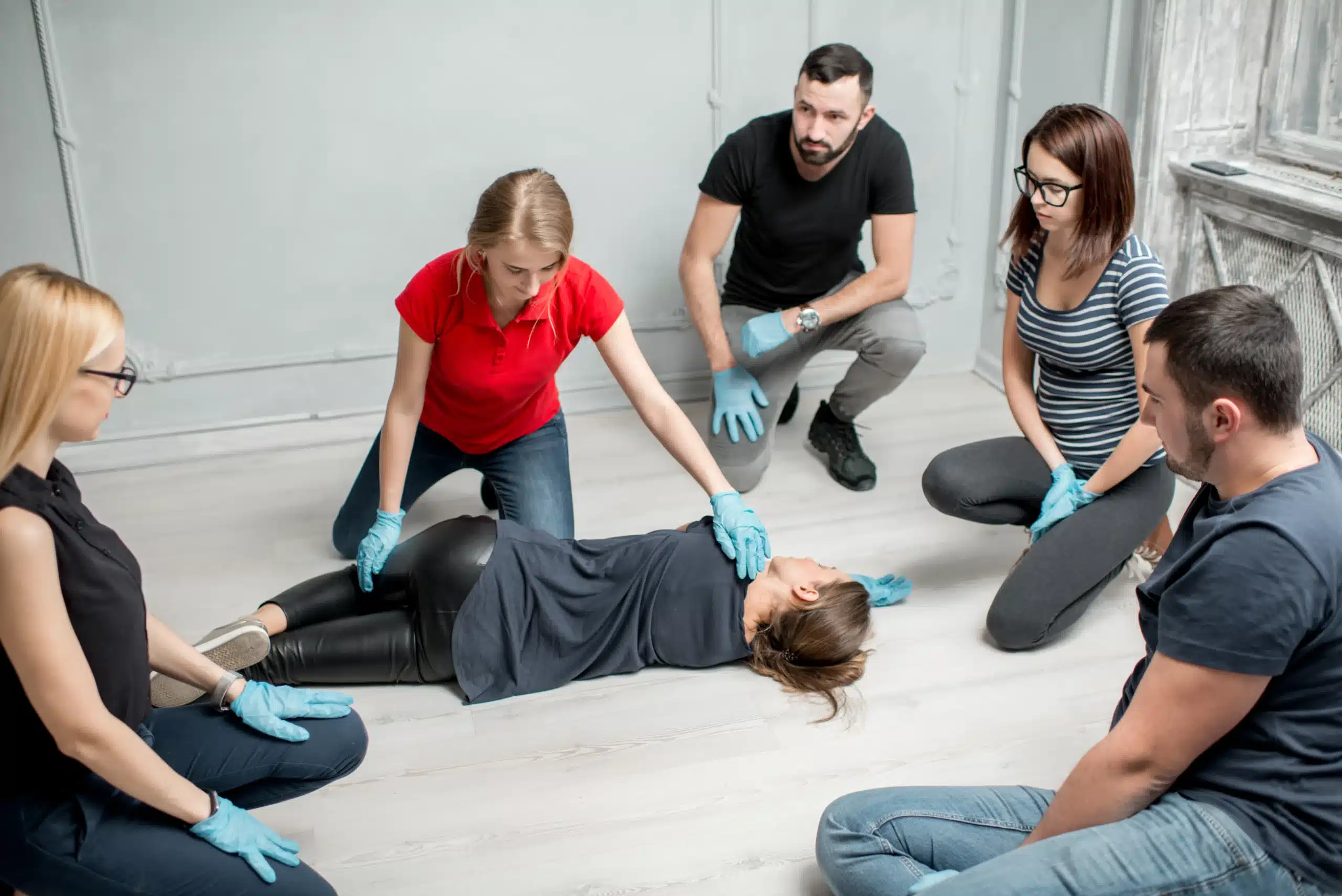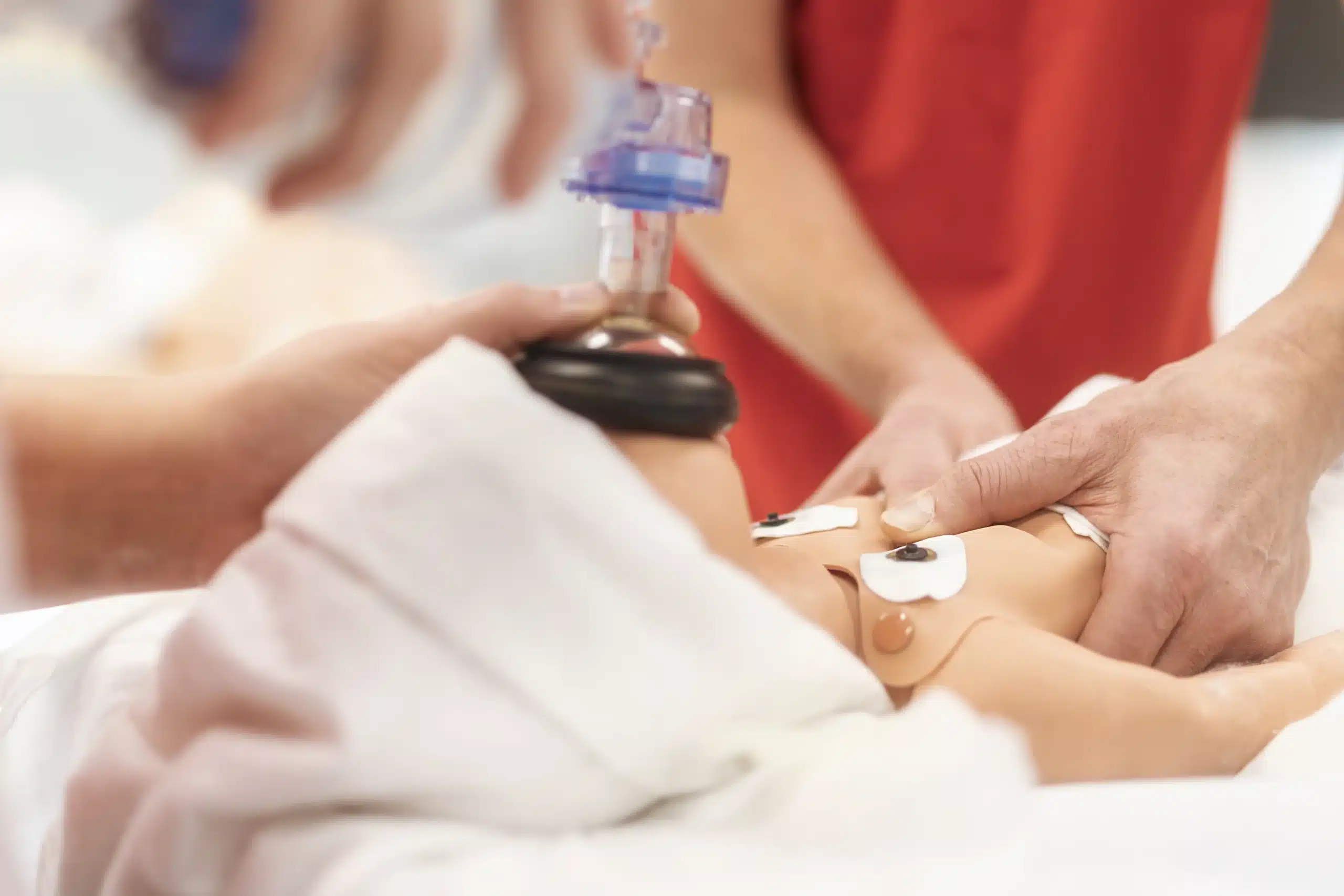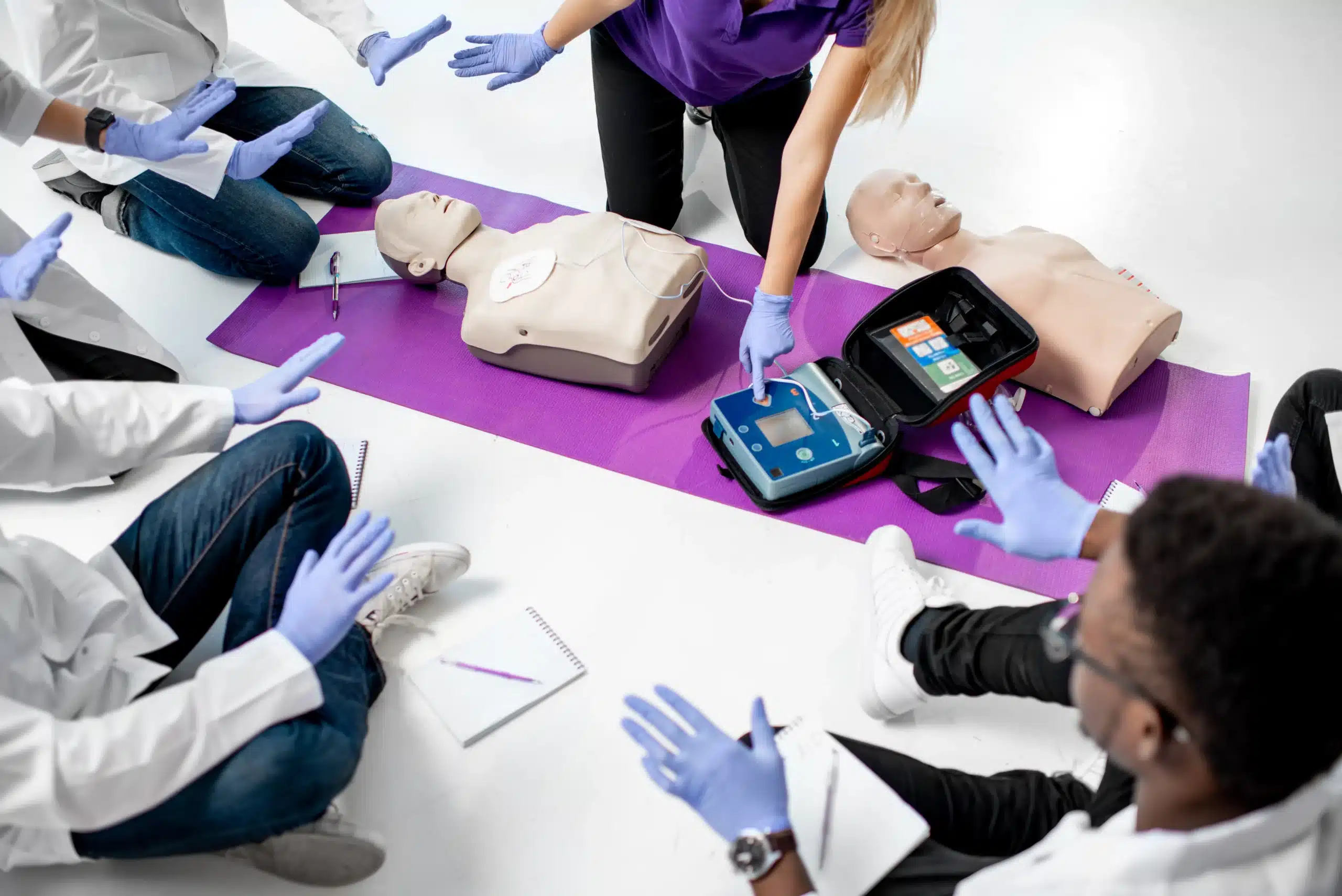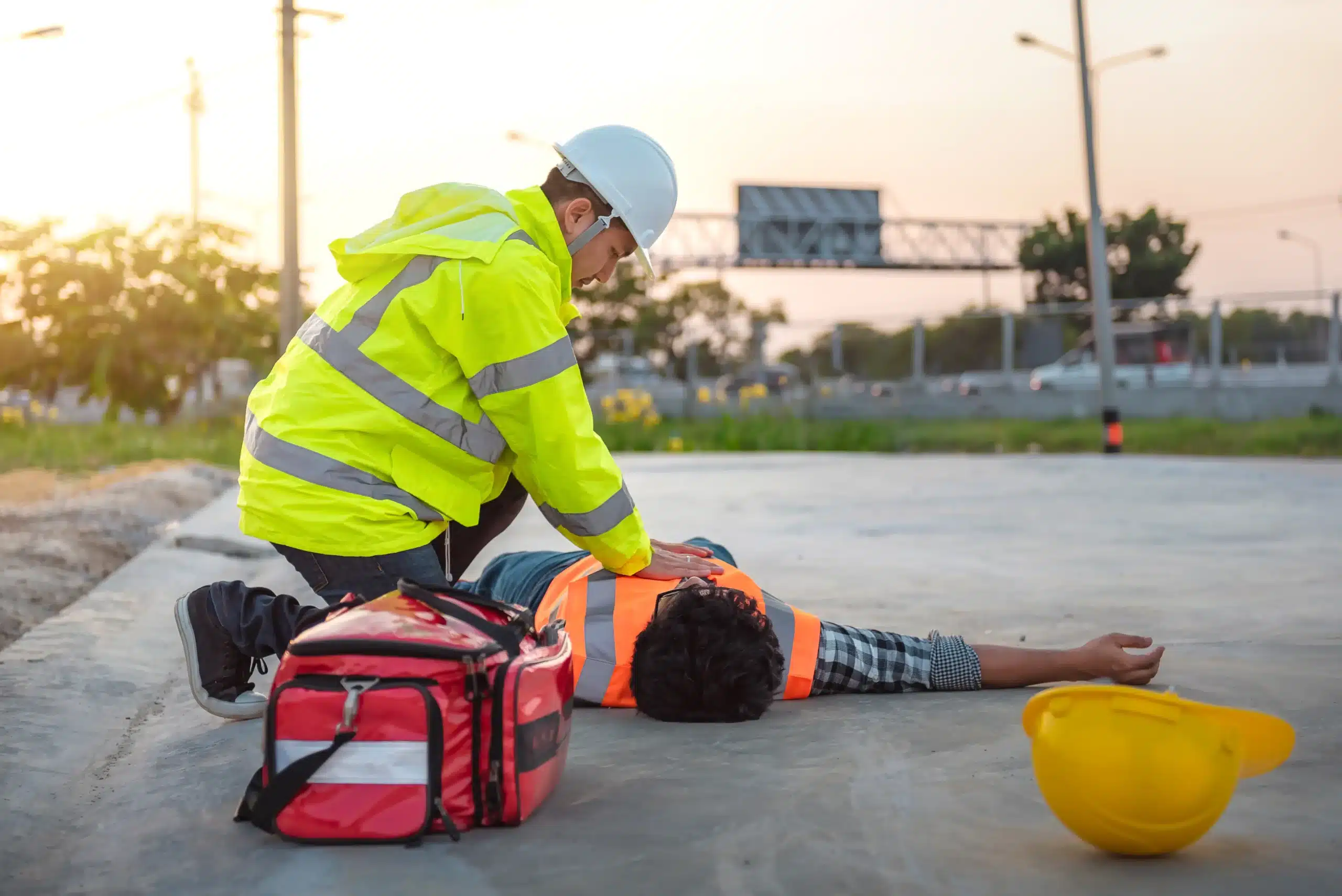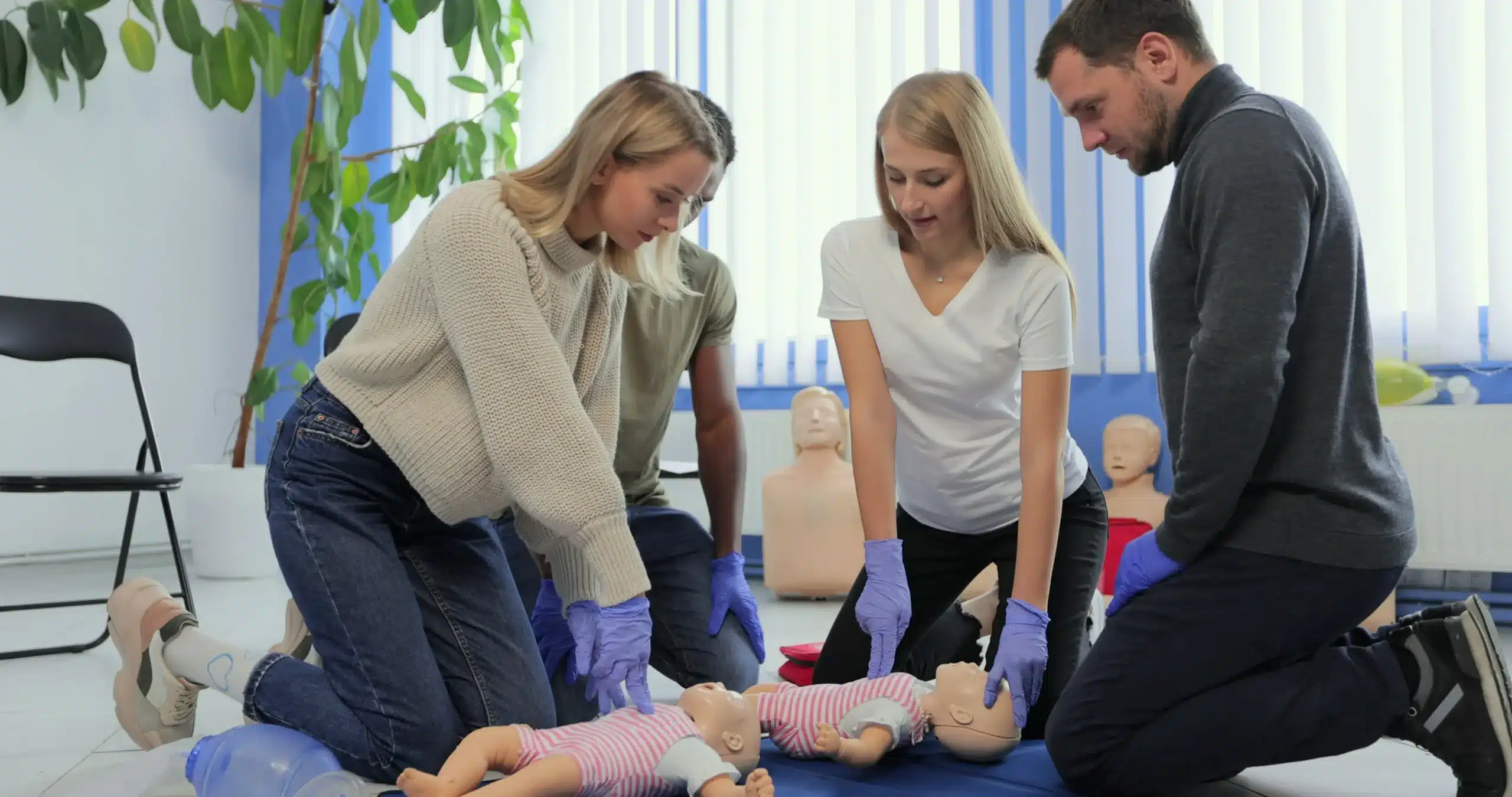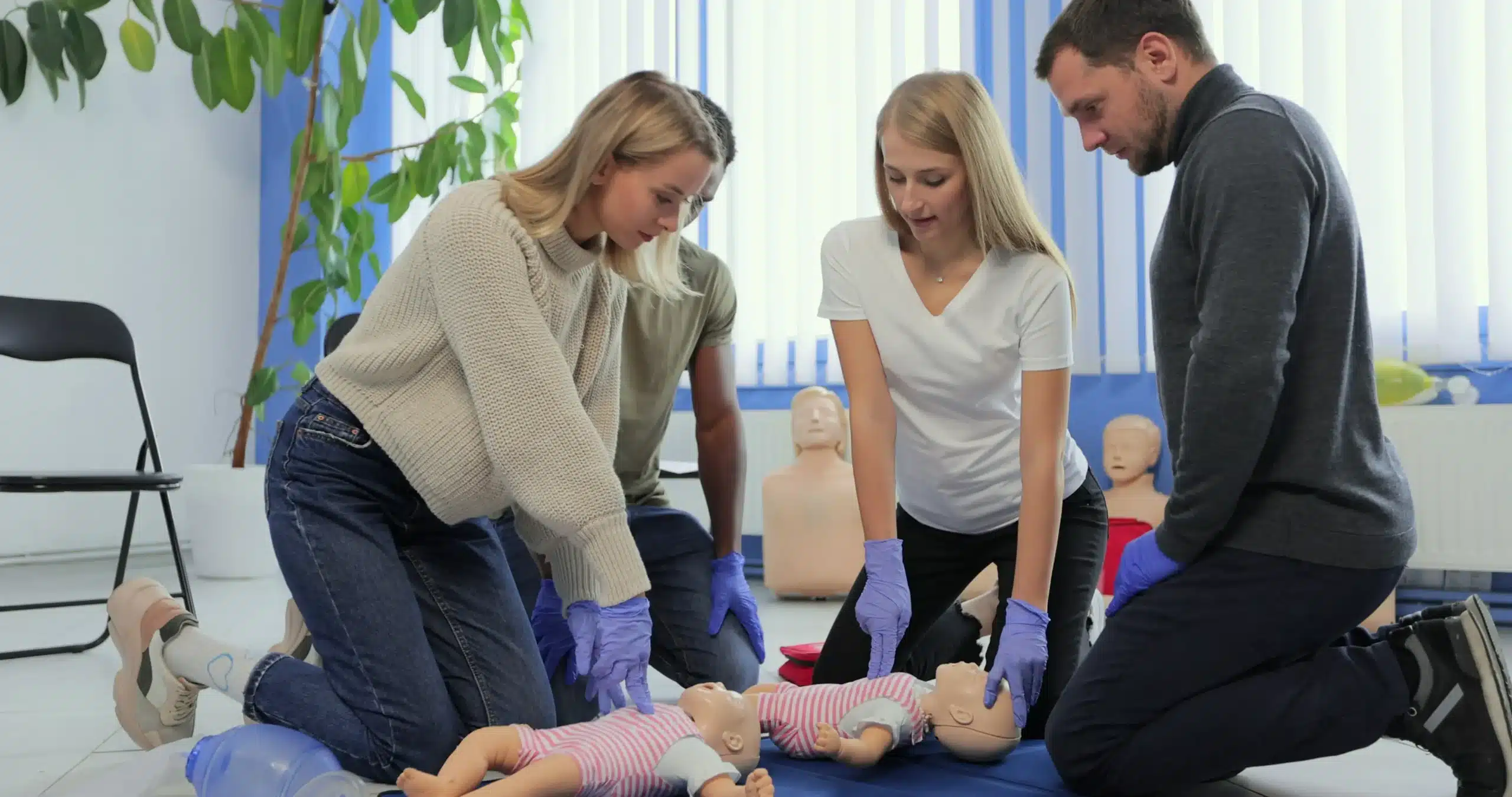Surviving CPR can be as emotionally overwhelming as it is physically life-saving. While the immediate focus often lies on physical recovery, emotional and psychological healing plays an equally important role in helping survivors regain a sense of normalcy.
This article explores the psychological impact of surviving CPR, strategies for coping with trauma, and why addressing mental well-being is crucial for a full recovery. Whether you’re a survivor, a family member, or a healthcare provider, this guide offers valuable insights to support the healing process.
Understanding the Psychological Impact of CPR
Immediate Emotional Responses
The aftermath of CPR is often marked by a whirlwind of emotions. Survivors frequently report intense fear, confusion, and anxiety. The sudden trauma of a near-death experience can leave them grappling with feelings they never anticipated.
Many survivors also experience Acute Stress Disorder (ASD), characterized by flashbacks, hypervigilance, difficulty sleeping, and feelings of detachment. These responses reflect the brain’s efforts to process the event and adapt to the trauma.
Long-Term Effects on Mental Health
For some, the emotional aftermath of surviving CPR transcends the short term. Studies published in Resuscitation Journal show that post-arrest psychological distress is alarmingly common. Key findings include:
- Depression affects 14–45% of survivors.
- Anxiety is reported by 13–61% of survivors.
- Post-Traumatic Stress Disorder (PTSD) is prevalent in 19–27% of survivors.
These numbers underline the importance of mental health screening and early intervention for CPR survivors.
Adjustments to Worldview
Beyond clinical diagnoses like PTSD or depression, many survivors face an existential shift in how they perceive life. The experience of a close brush with death often prompts reflections on mortality and new questions about personal purpose. For some, this process can lead to a sense of newfound clarity and meaning, while others may find it overwhelming or destabilizing.
Coping Strategies for Survivors and Families
Psychological recovery for CPR survivors doesn’t happen overnight, but thoughtful strategies can make the road ahead less daunting.
Mindfulness-Based Techniques
Integrating mindfulness into daily life can help survivors manage anxiety and stay present. Tools like mindfulness meditation, journaling, or yoga can ease emotional distress.
Try this simple exercise:
- Find a quiet space and focus on your breath for two minutes.
- Gently inhale for a count of four, hold for four, and exhale for six.
- Repeat until you feel calmer.
Journaling is another powerful way to process emotions. Writing down feelings, fears, or gratitude can provide clarity and serve as a therapeutic outlet.
Support Networks
Surviving CPR is not just an individual experience; it’s a shared journey involving loved ones. Leaning on family, friends, or survivor-specific communities can be invaluable.
Consider exploring forums like the American Heart Association’s “Support Network” or attending local survivor meetups. These spaces allow survivors to connect over shared experiences and find encouragement.
Lifestyle Adjustments
Holistic recovery often requires lifestyle changes, which can restore balance and well-being.
- Prioritize regular exercise to boost mood and resilience.
- Maintain a balanced diet, rich in nutrients that nourish the body and brain.
- Ensure quality sleep to support healing and mitigate stress.
- Establish sustainable routines to regain a sense of normalcy.
Small, consistent habits can have a big impact on overall recovery.
Seeking Professional Help
Sometimes, professional mental health support is essential. Licensed therapists specializing in trauma, such as those practicing Cognitive Behavioral Therapy (CBT) or Eye Movement Desensitization and Reprocessing (EMDR), can guide survivors through their unique challenges.
When choosing a therapist, look for someone with experience in health-related trauma and a collaborative, compassionate approach. Early professional intervention has been shown to significantly reduce long-term mental health struggles.
Why Psychological Recovery is Essential
Why is mental health such an integral part of healing for CPR survivors? The connection between emotional and physical well-being is undeniable.
When emotional stress is left unchecked, it places additional strain on the body, slowing physical recovery. Conversely, reducing stress and addressing psychological pain fosters a healthier environment for the body to heal.
Additionally, addressing mental health enables survivors to rebuild confidence and re-engage with life fully. Emotional healing ensures that the life saved during CPR becomes one that thrives, not simply endures.
Finally, survivor stories often inspire others. For families, communities, and even healthcare professionals, a survivor’s resilience can ignite change—whether it’s a renewed commitment to CPR training, improved support networks, or advocacy for mental health care post-resuscitation.
Taking Action for Yourself and Your Community
Are you left wondering how you can make a difference for CPR survivors, or hoping to build your own readiness to save lives? Here are some practical ways to take action:
- Book certified CPR training with providers like Safety Training Seminars. Gaining this skill can save lives and reduce trauma for survivors. Explore courses like CPR and First Aid, Basic Life Support (BLS), Advanced Cardiovascular Life Support (ACLS), and Pediatric Advanced Life Support (PALS) in Oakland, CA, and beyond.
- Encourage healthcare organizations to prioritize mental health support. Request training sessions that emphasize not only effective CPR techniques but also long-term survivor care.
Every action you take contributes to stronger, healthier communities.
Supporting Survivors and Spreading Hope
Recovering from the psychological impact of CPR is a deeply personal and sometimes challenging process. Survivors deserve to know there’s hope at every step, from finding professional help to tapping into the support of family and survivor networks.
If you or someone you know is navigating this recovery, remember the incredible courage it takes to heal—and the resilience you’ve already demonstrated by surviving CPR itself.
Help us spread awareness by sharing this article with others. Together, we can create a world that not only saves lives but nurtures them afterward.
And if you’re ready to empower yourself to potentially save a life, check out certified CPR training courses today.



